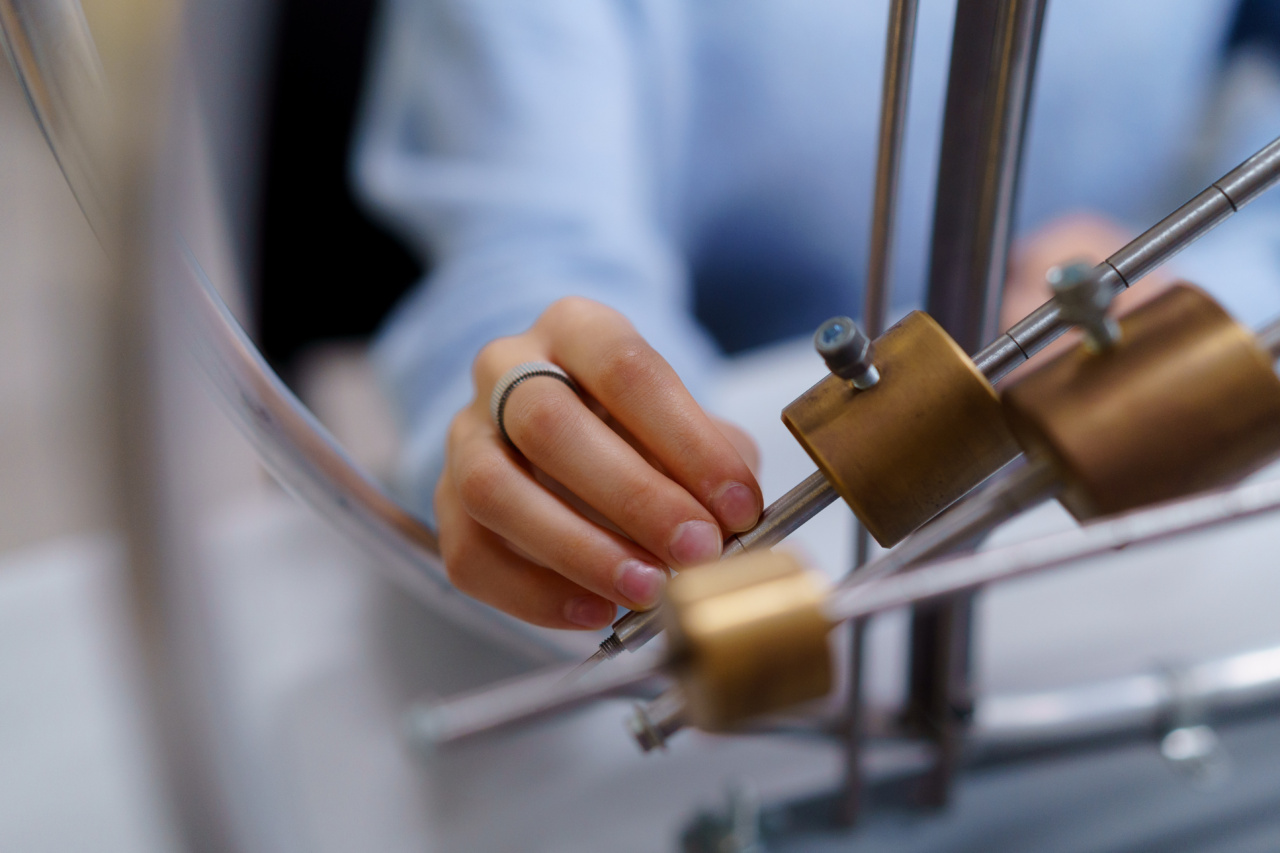Have you ever wondered why cracking your fingers feels so satisfying yet makes others cringe? This common habit has fascinated scientists for years, leading to various theories and studies exploring the science behind it.
In this article, we will delve into the reasons behind the cracking sound, the effects on joint health, and what the latest research has to say about this intriguing phenomenon.
What Causes the Cracking Sound?
When you crack your fingers, you are manipulating your joints to create the distinctive cracking sound. Each joint in your fingers is surrounded by a protective capsule filled with a lubricating fluid called synovial fluid.
This fluid acts as a cushion, reducing friction and facilitating smooth movements of the joint.
Within this fluid, small gas bubbles, primarily composed of nitrogen, carbon dioxide, and oxygen, are also present. When you forcefully stretch or bend your joint, you create a vacuum that causes these gas bubbles to rapidly collapse or merge together.
As a result, the cracking sound is produced.
Dispelling the Myths
It’s a common belief that cracking your fingers will lead to arthritis. However, several scientific studies have debunked this myth, assuring us that knuckle cracking does not increase the risk of developing arthritis.
In fact, a study published in the Journal of the American Board of Family Medicine found no significant difference in the prevalence of arthritis between individuals who frequently cracked their knuckles and those who did not.
Another misconception claims that cracking your fingers over time reduces grip strength.
However, a study published in the Journal of Manipulative and Physiological Therapeutics revealed that this habit does not negatively impact hand function, strength, or dexterity either.
Benefits of Cracking Your Fingers
Beyond the satisfying feeling, there are a few reasons why people crack their fingers. Some individuals report temporary pain relief or decreased tension after cracking their joints.
In a sense, it can offer a similar release as stretching or massaging muscles. Additionally, it might provide a momentary distraction from discomfort or stress.
Potential Harmful Effects
While cracking your fingers might not be harmful to your joints in terms of arthritis or reduced grip strength, excessive cracking can lead to other issues.
Habitual and forceful cracking can cause ligament damage, joint instability, and even dislocation in severe cases.
Furthermore, routinely cracking your fingers may contribute to the development of swollen or puffy-looking hands. This is because the act of cracking stretches the skin, which over time can result in weakened elasticity and a less tight appearance.
Can You Stop the Habit?
If you find yourself constantly cracking your fingers and wish to break the habit, there are a few strategies you can try. Awareness is the first step, so pay attention to when and why you crack your fingers.
Try keeping your fingers occupied or find alternative stress-relieving activities to replace the habit.
Sometimes, an underlying joint issue or stiffness can lead to the urge to crack your fingers. If this is the case, consider seeking professional help from a physical therapist or a chiropractor.
They can provide guidance on exercises and therapies to improve joint mobility and alleviate any discomfort that may be driving your finger-cracking habit.
The Science Behind Other Joint Cracking
While finger cracking is the most common form, other joints such as the knees, neck, and back can also produce crackling sounds. The mechanisms behind these different joint cracks vary slightly.
For example, when you crack your neck, small joints called facet joints, which connect the vertebrae in your spine, can release gas bubbles, producing the cracking sound.
Similarly, when you crack your back, the facet joints between the spinal bones are believed to be responsible for the noise.
Cracking your knees, on the other hand, may involve different factors. The knee joint contains fluid-filled sacs called bursae, which help reduce friction during movement.
When you squat or bend your knees, the bursae can change shape, causing the release of gas bubbles and the familiar cracking sound.
The Verdict
So, is cracking your fingers bad for you? Not necessarily. While it may annoy those around you, the act of cracking your fingers does not lead to arthritis or reduced grip strength.
However, habitual and forceful cracking can result in potential joint damage and other complications.
Ultimately, whether or not you choose to crack your fingers is a personal decision. If it brings you momentary relief or satisfaction, the occasional crack is unlikely to cause any harm.
However, if you experience pain or feel compelled to crack your fingers frequently, it may be worth exploring the underlying causes and seeking professional advice to address any potential joint issues.































